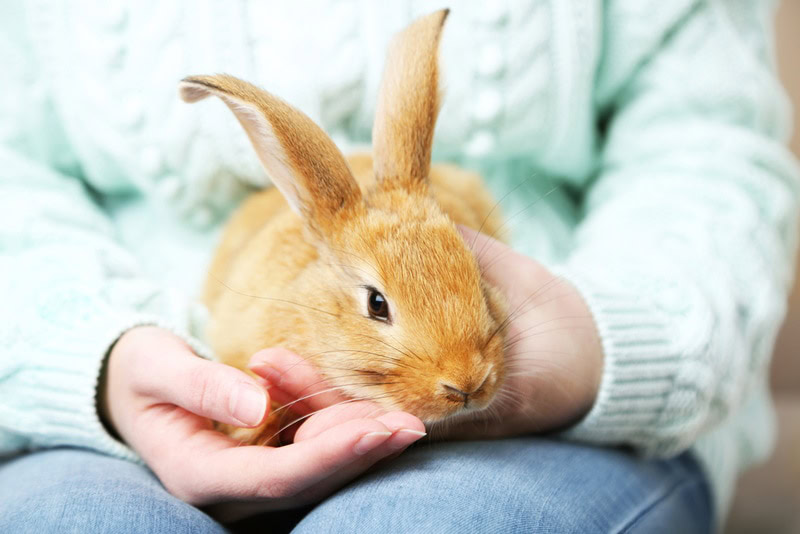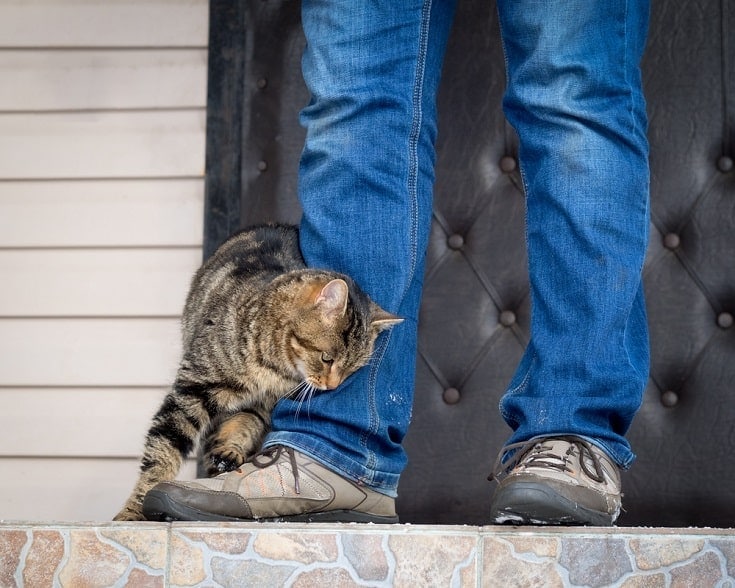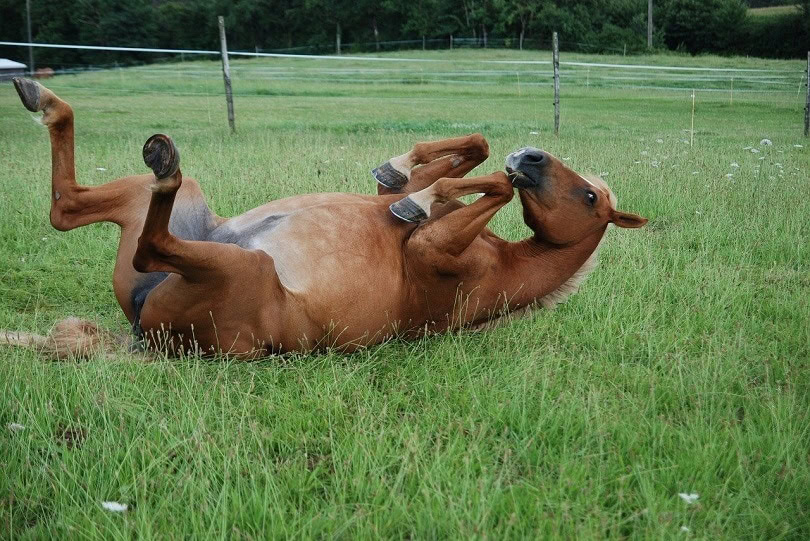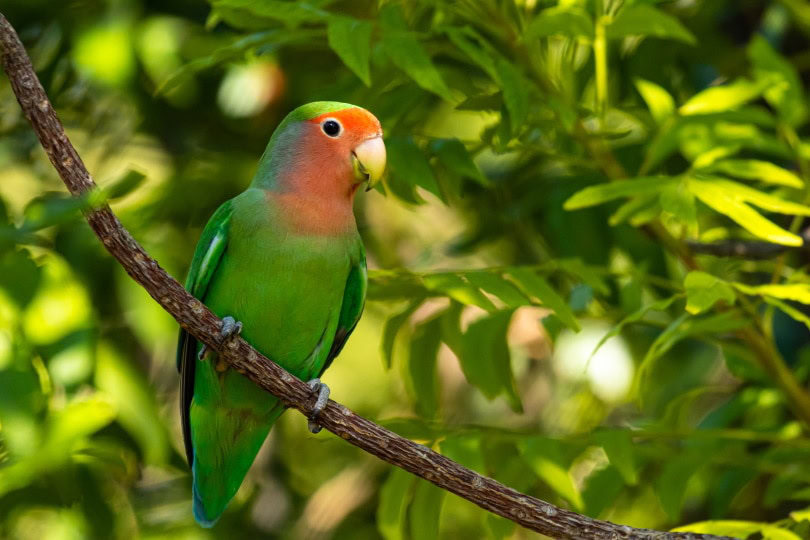VET APPROVED

The information is current and up-to-date in accordance with the latest veterinarian research.
Learn more »Click to Skip Ahead
Pet rabbits usually are among the more docile pets you can own, but just because they usually don’t bite doesn’t mean that it’s completely unheard of. In fact, while it’s rare for a pet rabbit to consistently bite, the occasional pet rabbit bite is a fairly common occurrence.
But why do pet rabbits bite, what do you do if they bite you, and how do you keep them from biting you in the future? We’ll answer all those questions and more for you here.

The 4 Possible Reasons Why Your Pet Rabbit Might Bite You
While pet rabbits are usually remarkably placid pets that don’t bite, there are a few different reasons one might chomp down on you. We’ve highlighted five of the most common reasons you’ll need to consider if your pet rabbit bites you here:
1. You Scared Them
This is probably the most common reason a pet rabbit might bite you. While rabbits are usually well-mannered pets, if you startle them, they might bite out of instinct. If this is the case, they’re not biting to hurt you, they’re biting you in a moment of fear!
They may also bite if they don’t trust you, dislike being handled or picked up, or feel stressed and cornered with no option to escape, forcing them to defend themselves.
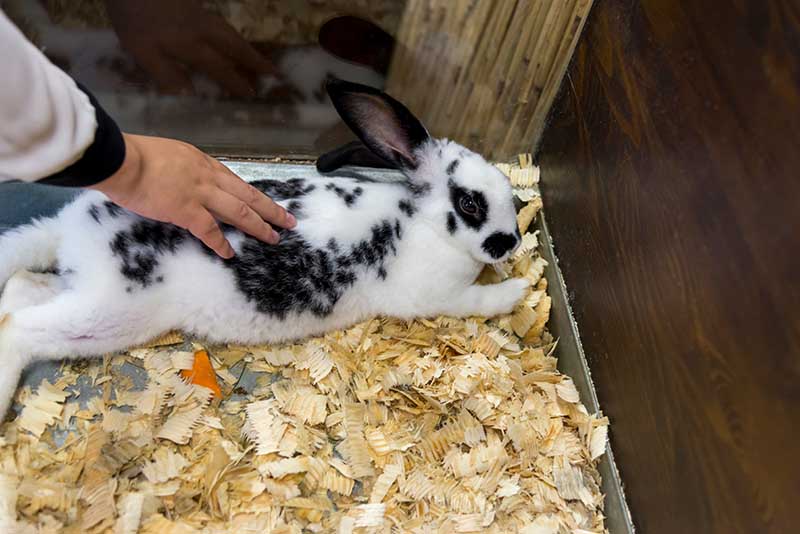
2. They’re in Pain
Your pet rabbit can’t come right up to you and tell you what’s hurting, but if they are in pain and you aggravate the area, they might bite you as a way to get you to leave it alone. If this is the case, they’re not trying to hurt you, they’re just trying to get you to leave them be.
In order to fix the behavior, you’ll need to address the injury, which often means taking them to the vet for a proper diagnosis and treatment.
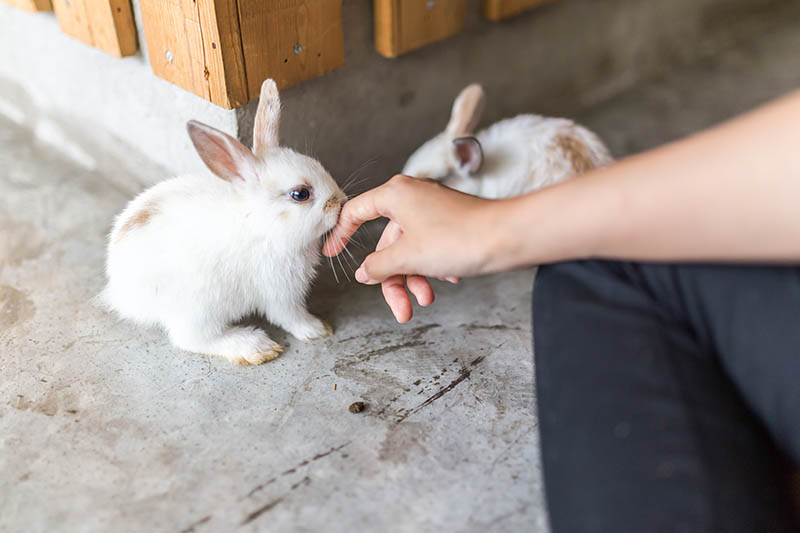
3. It Was an Accident
Sometimes, your rabbit bites you when they’re simply not trying to! Perhaps they saw something else they wanted to chomp down on your clothes or hands and bit you instead. Either way, it’s not uncommon for a pet rabbit to accidentally bite you. While this doesn’t make it any less painful, you shouldn’t hold it against them.
4. They’re Territorial
This may be a common issue with entire male rabbits who can get quite territorial when they reach sexual maturity and this can result in occasional biting. The same may happen in unspayed female rabbits and those raising kits as they may feel a stronger urge to guard their food as well as their home in order to keep their young safe. Speak to your vet about having your rabbit neutered or spayed and about ways to minimize their stress and fear.
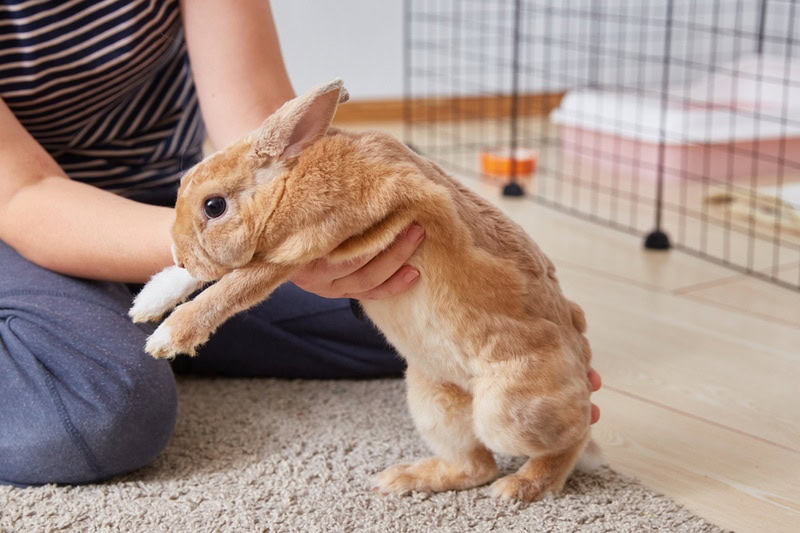

What To Do if Your Pet Rabbit Bites You
In the unlikely event that your pet rabbit does bite you, it’s important that you know what to do. It will hurt, but with prompt action, it shouldn’t present too serious of a condition for you. Below, we’ve highlighted exactly what you need to do if your bunny bites you.
1. Get the Rabbit Away From You
It might seem obvious, but the first thing you need to do is get your pet rabbit to stop biting you. There are some times when this is easier than others, as occasionally, your pet rabbit won’t want to let go. This is more common if your pet rabbit is aggressive for whatever reason, often due to fear, stress, pain or an urge to guard their territory.
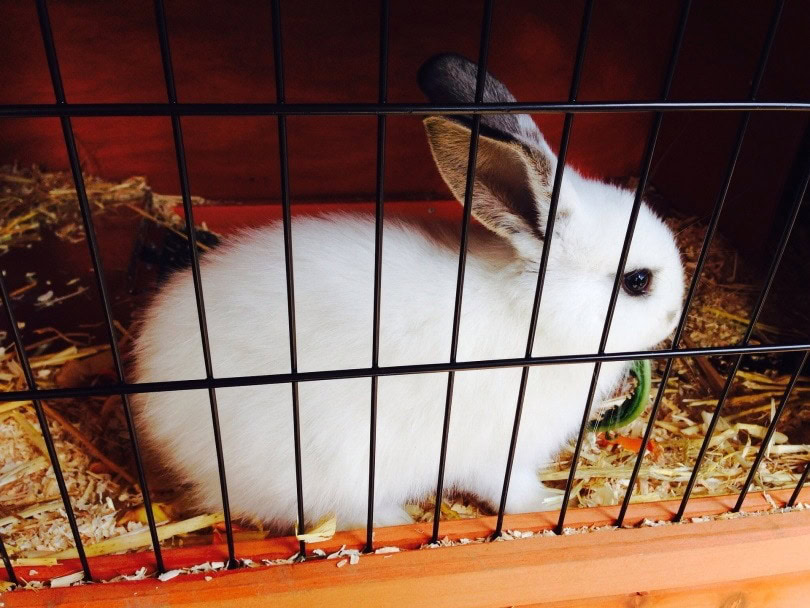
2. Clean the Wound
Unless the wound is bleeding profusely, you first need to clean out the wound to keep infection away. All you need to do to clean out the wound is to run it under water for 3-5 minutes to thoroughly flush the wound of any bacteria. Use lukewarm water and a mild soap.
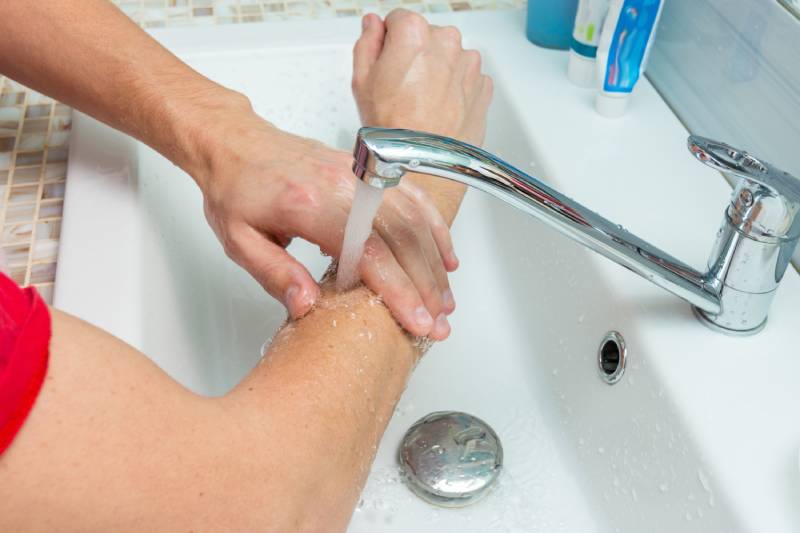
3. Put Pressure on the Wound
Once you’ve cleaned the wound, it’s time to get any bleeding under control. Apply direct pressure to the wound for five to ten minutes to help control even the most severe cases. If the wound is bleeding significantly, skip the cleaning step and apply pressure to it immediately.
4. Consult with a Medical Professional
Once you clean out the wound and control the bleeding, speak to your GP as you may need additional medical treatment. Signs you need further treatment include not being able to get the bleeding under control, deep wounds that need stitching, swelling, and pain, presence of redness and discharge, inability to move your fingers properly, developing a fever or general malaise, or any other concerns.
5. Treat the Underlying Behavior Problem
Once you get the wound under control, it’s time to address your pet rabbit. Pet rabbits usually don’t bite, so if yours did, you need to figure out why. If it’s something like you startling them, there are no further actions you need to take, but if there’s an underlying aggression problem, illness, or injury, you’ll need to consult with your veterinarian.
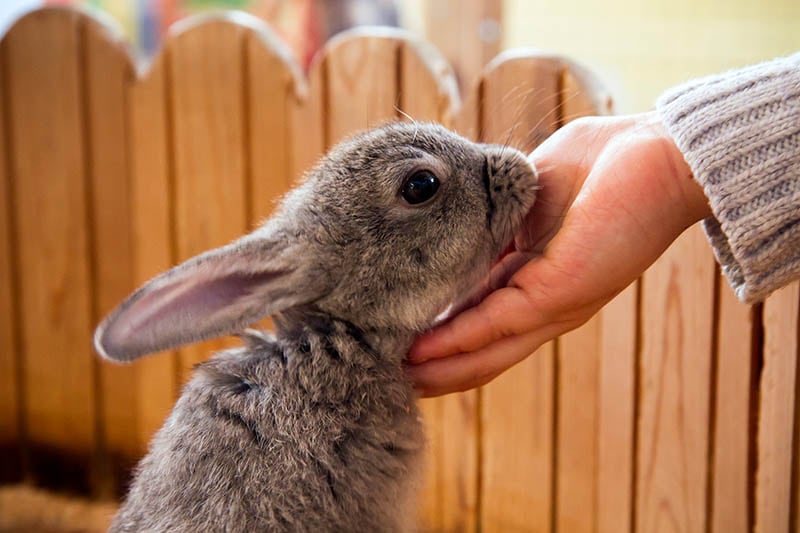

Final Thoughts
Now that you know a little more about why pet rabbits bite and what you can do about it, it’s up to you to ensure you have everything you need to treat a rabbit bite on hand if you have a pet rabbit in your home.
While it shouldn’t be a life-threatening condition, it is painful and it may get infected, so you’ll want to take the time to get to know and socialize your pet rabbit or rule out any underlying pain or illness with the help of your vet so they don’t bite you again in the future.
Featured Image Credit: Africa Studio, Shutterstock
